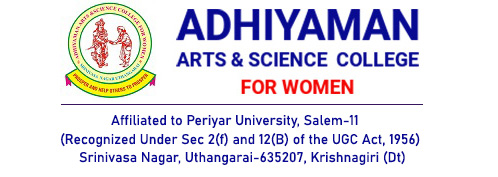An Islamic prenuptial agreement, also known as a “Nichah” in Arabic, is a marriage contract that is governed by Islamic law. This type of agreement must comply with the requirements set out in the Islamic Law, and is considered to be a legally binding contract if all the necessary conditions are met. Within the Islamic faith, a prenuptial agreement is an optional document which married couples can either choose to sign before their marriage ceremony takes place, or not. However, in the Western world, Islamic prenuptial agreements are becoming increasingly popular for engaged couples of the Islamic faith.
The importance of an Islamic prenuptial agreement in today’s society is similarly as important to a traditional Western prenuptial agreement. In many Western cultures, a prenuptial agreement is used to create an understanding between spouses as to how their financial assets and legal obligations will be divided in the event of a divorce or death of one party. Similarly to this, an Islamic prenuptial agreement aims to provide spouses with an understanding as to how their financial assets and obligations will be managed. The difference between the two types of agreements, is that an Islamic prenuptial agreement must comply with Shari’ah Law. As such, the contractual obligations of the parties may differ to those outlined in a traditional prenuptial agreement.
In a woman’s college setting, students can benefit greatly from such legal concepts being taught within the curriculum. Many female students who study law go on to pursue careers in the UK legal sector, and as such, it is important that their studies reflect current issues within society. Islamic prenuptial agreements reflect the current social climate in the UK, where our society is continuing to welcome cohabiting couples and those of the Islamic faith.
Alongside the growing levels of cohabitation and of marriage within couples of the Islamic faith, women usually form high rankings within the legal profession. Such studies have been conducted by various Institutions, and have shown that there is a growing interest in specialist areas of the law from aspiring women solicitors. Such areas include family law, human rights, and Islamic law. Consequently, women who have studied Islamic law at an early age, such as throughout their time within higher education, have a better platform to enter the legal profession once they graduate.
Within law schools, the teaching of Islamic law is usually done so within the International Law section of the course. Islamic law, much like International law, provides both a domestic and global framework of the governing of the law, and encourages legal practitioners to pay attention to divergent views and multi-jurisdictional issues. An insight into Islamic law can help to broaden a student’s perspective in their legal studies, and reflect positively on them as a potential solicitor.
It is clear to see that Islamic law has increasingly found a place within the UK legal sector, both domestically and globally. Some of the areas where we have seen Islamic law being integrated within the law, include; Islamic banking, Islamic finance, Muslim charities, and Islamic financial products.
To gain more of an understanding on the impact of Islamic groups within the law, a student could carry out research in relation to Islamic prenuptial agreements. By completing such an in-depth piece of research, you would be able to understand the fundamentals of what a prenuptial agreement constitutes, alongside a detailed view of the Islamic prenuptial agreement, and the context in which it has evolved.
A completed view of what an Islamic prenuptial agreement entails, would allow for an interview or case study to be conducted within your field of research. For example, you could view the role that an Islamic prenuptial agreement plays on the Islamic faith, and speak to an Imam or scholar about how he conducts individuals through the process of signing such a contract. On the other hand, if you were viewing the roles of Islamic law within the legal profession, looking at the role that an Islamic law solicitor performs, may be most suitable for your project.
Whatever field you choose to study, courses and subjects relating to the law are essential for a well-rounded and broad education. This can only be achieved through extensive research, which may lead you to a specific topic, interest, or career path.
For more information on Islamic law, you can visit the Wikipedia page on Islamic law.






